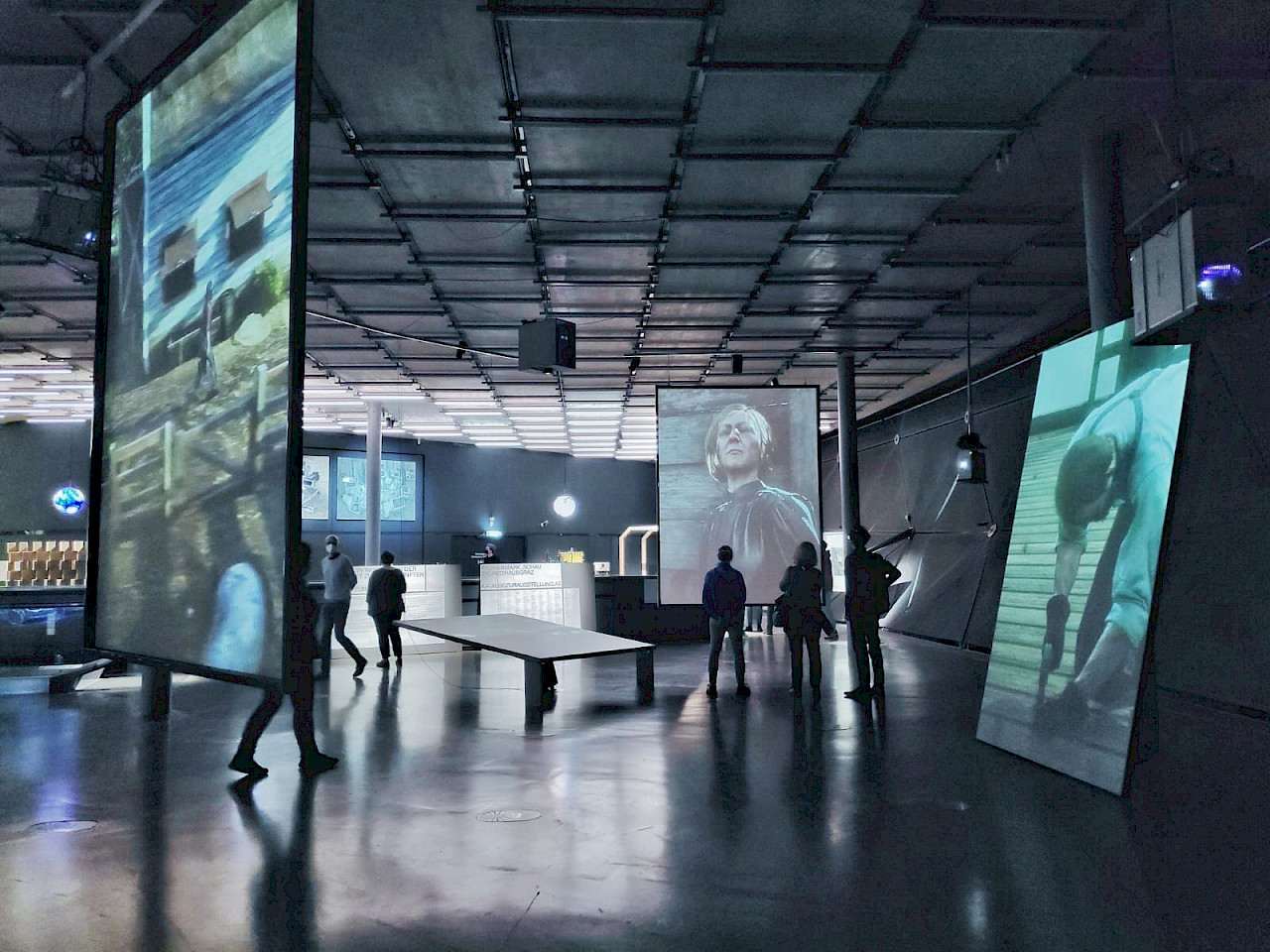Leonhard Müllner
Ambient Human Presence
Does the Non-Player Character possess autonomous potential? In their role as minor characters, NPCs seem to be dependent on the avatar. They have to be defeated and robbed by him or are obliged to perform the same movement repeatedly in a loop to bring the environment to life. Can the NPC emancipate from the avatar, making equivalence possible, or at least conceivable on a representative-symbolic level? Do artistic interventions offer a way to liberate them from their servant role? Can Machine Learning assist bots in acting autonomously and symbolically gaining their own life, independent of algorithmic control?
Considering the avatar as the ruling class in the game universe, constantly rising, elevating their status even up to the divine, and becoming rich through loot and grind, it is logical to designate NPCs as the working class of the video game worlds—at least in their representation. This is primarily because their status is generally unchangeable, and their mass is invoked to entertain one or a few entities. Here, the doubling effects of physical reality and its digital imprint come into play. It, therefore, seems requisite to focus on NPCs to allow identification with the many, the weaker, and the working class in the context of alienation.
Is an analysis of NPCs regarding an identification with the many, the weaker, the working class in the context of alienation – which involves grappling with the limits of individual autonomy under communicative capitalism – not more apparent than with Avatar-Succeeders, for whom the system is designed for them only to succeed?
